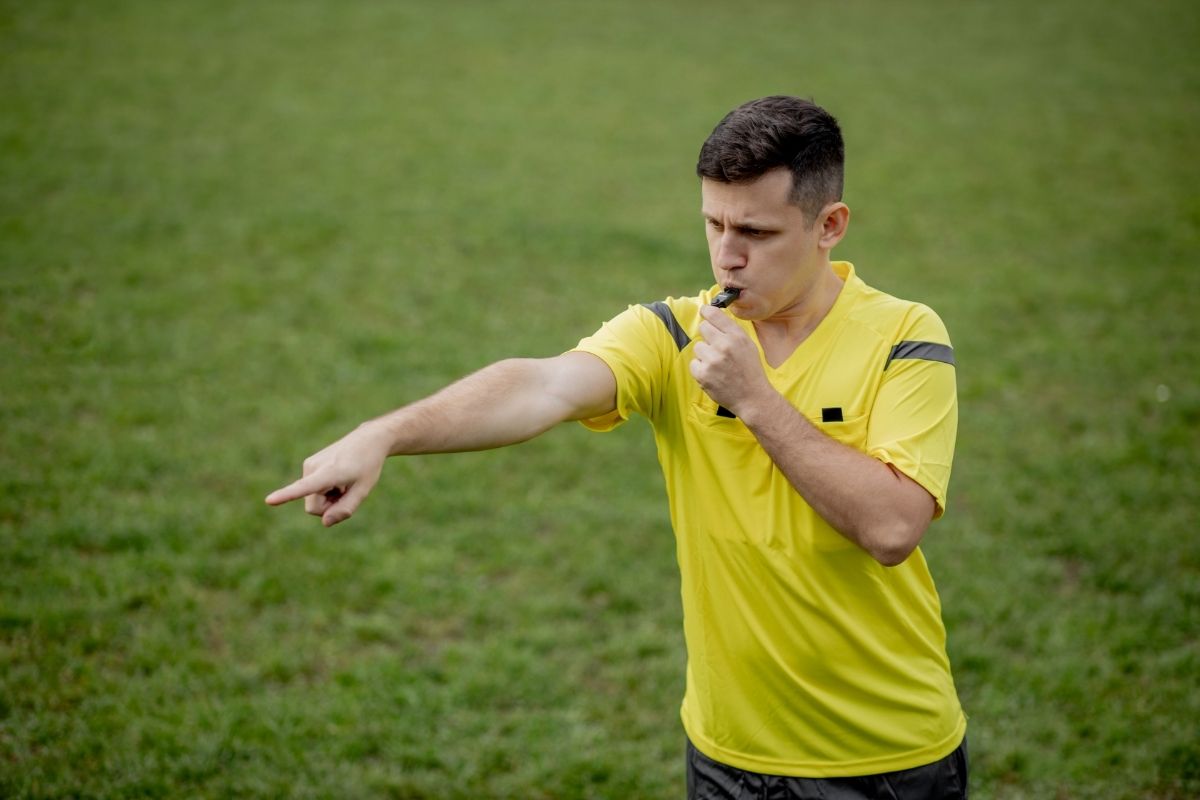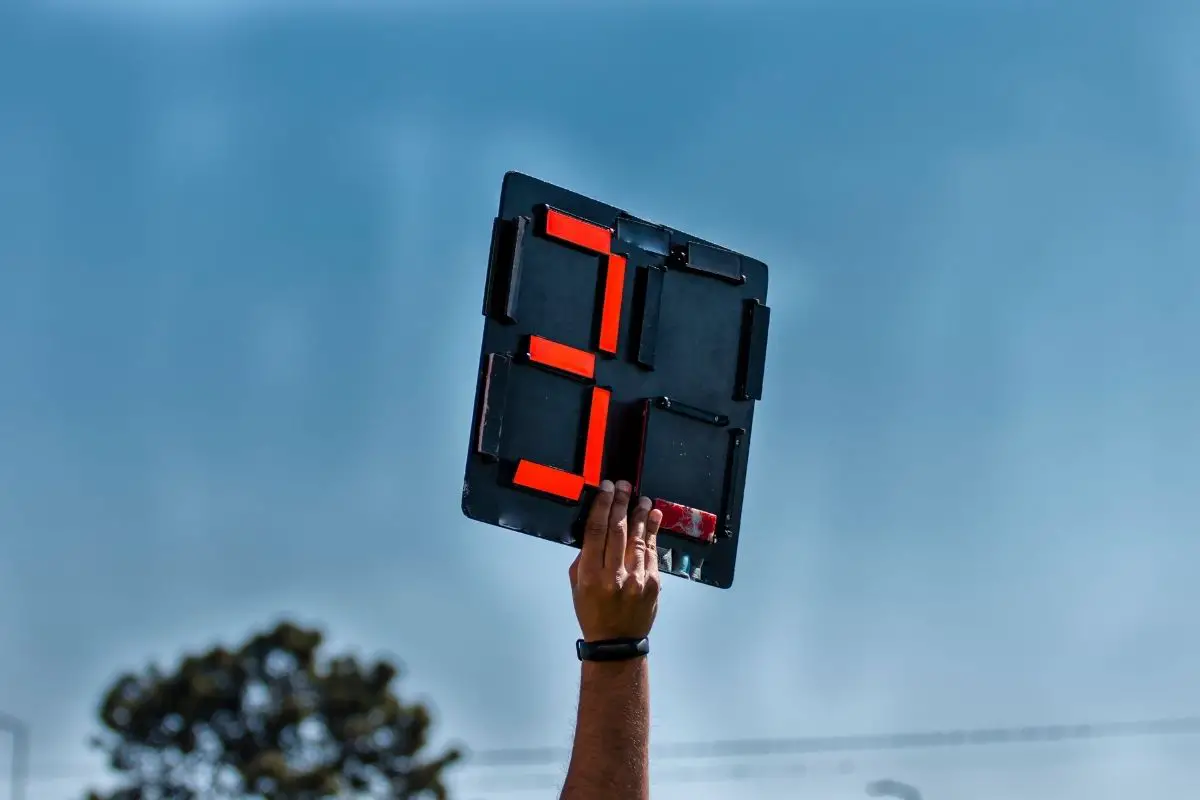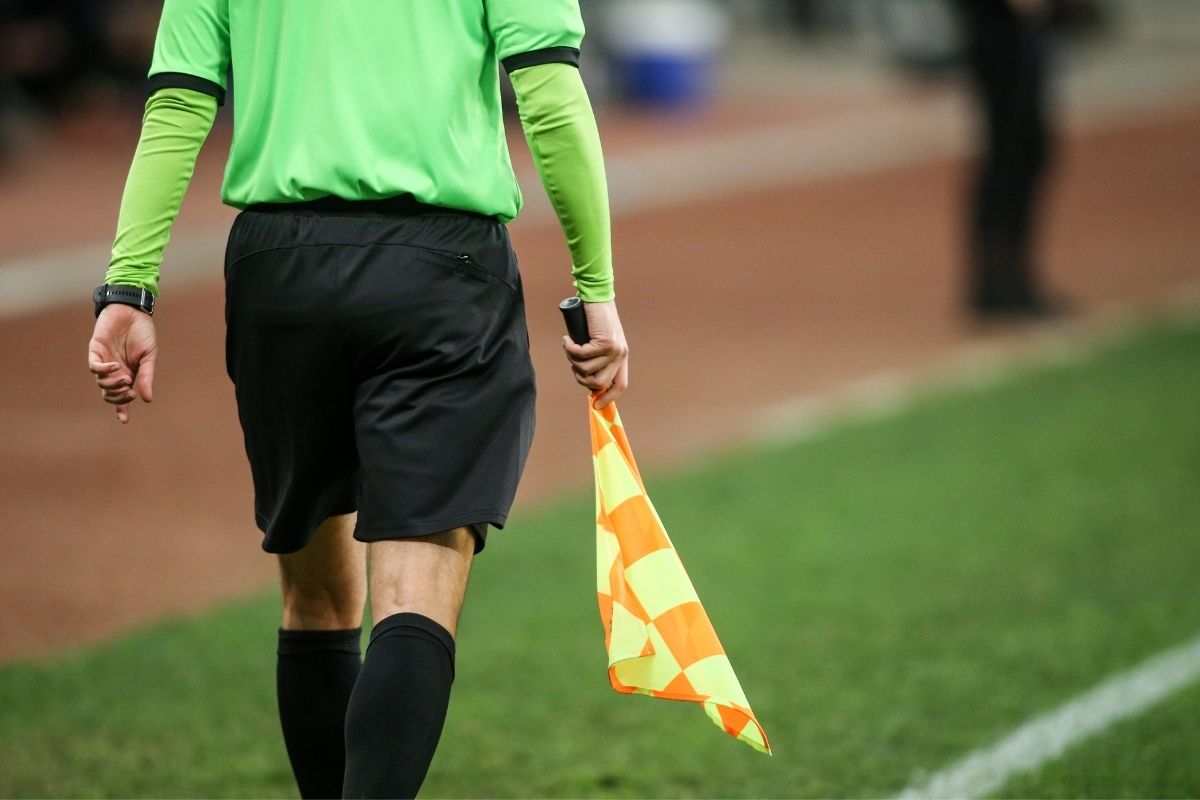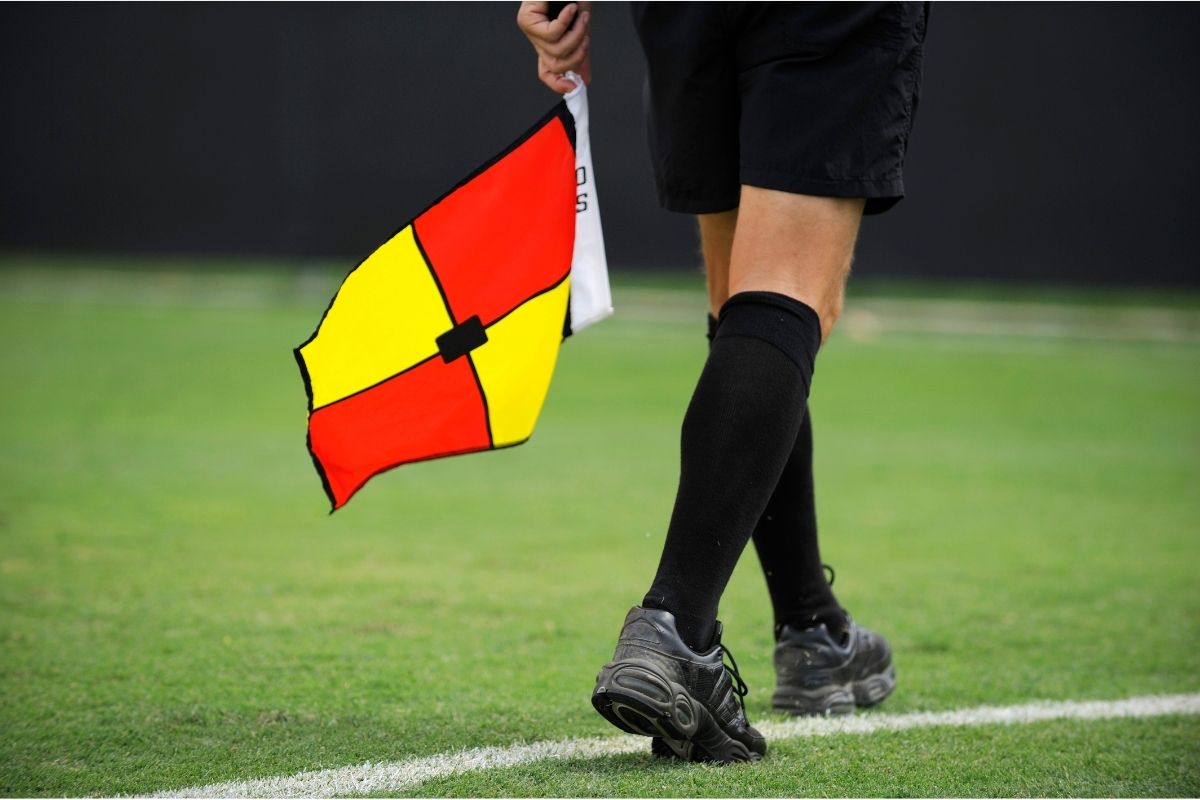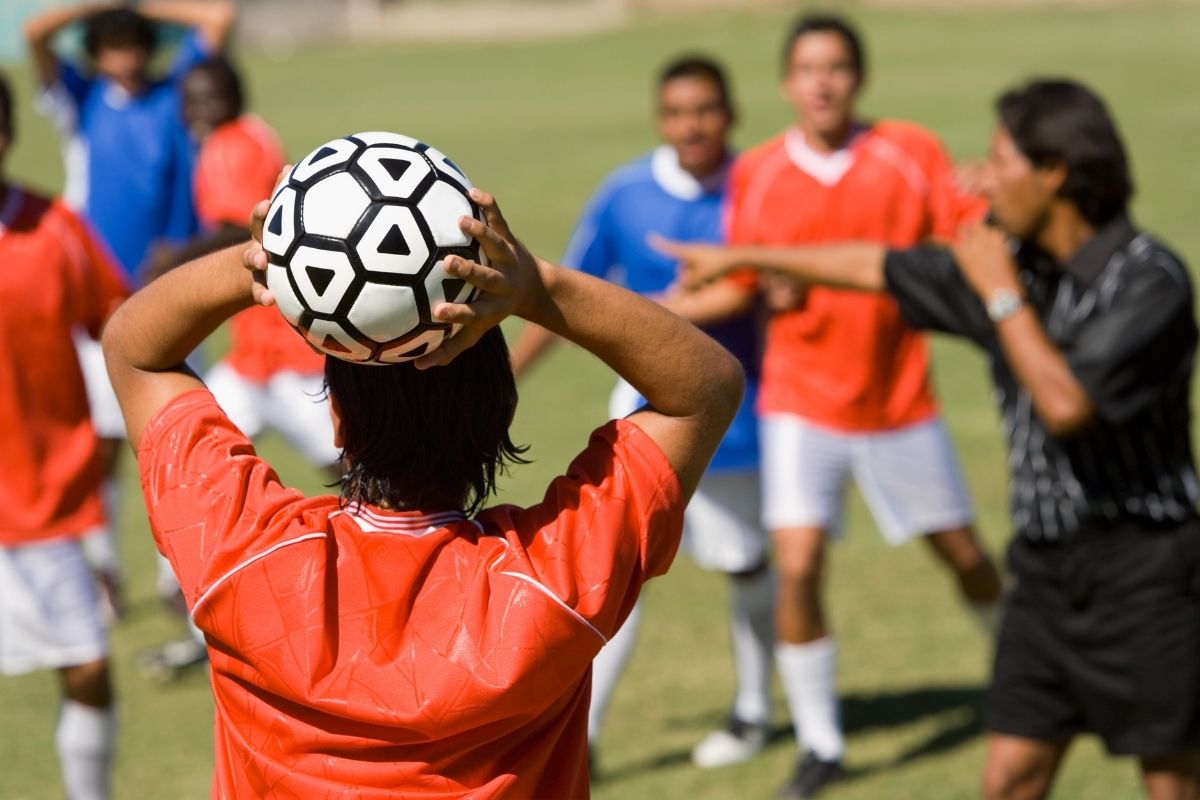Soccer is a sport that is very popular and has many devoted fans. It is a sport that is famous around the world.
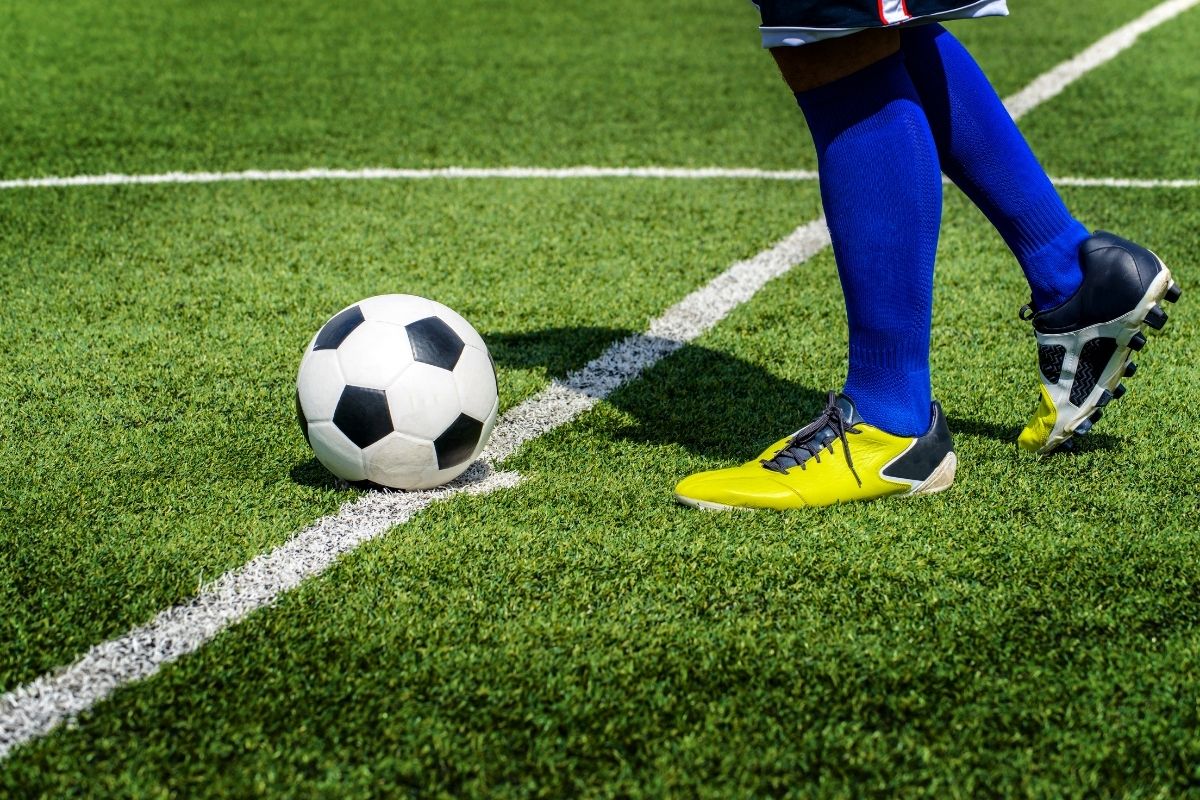

People travel to be able to witness the start of a soccer game. After all, kick-off is a vital part of any soccer game.
However, many are shocked to find out that kick-off in a soccer game has rules that need to be followed.
Kick-off is used to start both halves of a soccer game and they are also used to start the game after a goal has been scored.
This means that they need to be done right and be fair, so rules were created to ensure that they are.
If you aren’t sure what the soccer kick-off rules are, then you’ve come to the right place. In this guide, we are going to walk you through everything you need to know about soccer kick-off rules.
When Is A Soccer Kick-Off Granted?
The first thing you need to know about soccer kick-offs is when they are granted. There are three main occasions when a soccer kick-off happens.
The first is at the start of the game to start play and the start of the second half of the game. Another time when kick-off happens is after a goal is scored.
The last occurrence of kick-off is at the start of each half of extra time.
Kick-Off At The Start Of The Match
Soccer games start from the center of the soccer pitch. In order to decide who is going to start kick-off, the referee does a coin toss. The captains of each team pick a side of the coin.
The team that picked the winning side of the coin toss then gets to decide whether they want to be the first ones to kick the ball or they get to choose what goal they would like to attack.
They only got to choose one of these options.
The majority of the teams that win the coin toss choose to take the first kick of the game.
Though there are times teams choose which side they want to attack. This could be for a number of reasons such as wanting to start the game playing towards their fans.
Kick-Off At The Start Of The Second Half
When it comes to the kick-off in the second half of the game, it is the opposite of the kick-off at the start of the game.
This means that the team who did not take the first kick at the start of the game, will not take kick-off at the start of the second half of the soccer match.
At the start of the second half of the match, the teams also switch the sides they are attacking on.
Kick-Off After A Goal
Once a team has scored a goal, kick-off is what resumes play for a soccer match. Instead of starting with a coin toss, the possession of the ball is always given to the team that conceded the goal.
This means that the team that failed to stop a goal from being scored takes possession of the ball.
So, when both teams are back at the center of the pitch, the team that did not score will take the first kick of a ball after a goal has been scored.
Rules Of Soccer Kick-Offs


We have already outlined when a soccer kick-off takes place and what is involved in that process, however, we haven’t covered the rules that take place during a kick-off.
Many people are shocked that rules for soccer kick-offs exist, but they are there to ensure the game is fair.
Here are the rules that must be followed before the whistle is blown at kick-off:
- The soccer ball must not be moving at all and needs to be placed directly on the center spot.
- The soccer players on the pitch must all be in their half of the pitch at kick-off. The only exception to this rule is the player taking the first kick of the match.
- The soccer players of the opposing team need to be positioned outside of the center circle until the first kick has been taken. They need to be at least 10 yards away from the ball.
If these rules are followed and the referee is happy with the set-up of the start of the game, the referee can then blow the whistle to show the game can start.
After the referee has blown the whistle, the soccer player taking the first kick of the match is free to kick the ball in any direction they wish to.
The second the ball has been kicked and has moved, the ball is in play. It is possible to score a goal directly from the kick-off.
However, the soccer player who takes the first kick of the ball is not allowed to touch the ball again until the ball has been touched by another player.
The rules for kick-off are the same whether the kick-off is at the start of the match, starting the second half of the match, or after a goal.
Offenses At Kick-Off
Kick-offs mainly happen smoothly, though there are times when they may need to be taken again due to an offense.
There are many reasons kick-off might need to be redone, such as breaking any of the rules like the ball moving before the player kicked it.
If a player is disrupting kick-off multiple times, for example by being in the wrong position, they might be penalized.
In the instance, the player who has taken the kick-off touches the ball again before another player has then a free-kick would be rewarded to the opposing team.
Final Thoughts
Kick-off is an exciting part of the game and to make sure that it is fair for both teams, rules have been put in place.
We hope this guide has provided you with everything you need to know about soccer kick-off rules. Please share this guide with others who might be interested. Thank you for reading!
- Can You Play Pickleball on Grass? Tips and Tricks - June 12, 2023
- Do Pickleballs Wear Out? Everything You Need to Know - June 12, 2023
- Can You Play Pickleball on Concrete? A Guide to Playing on Hard Surfaces - June 12, 2023


